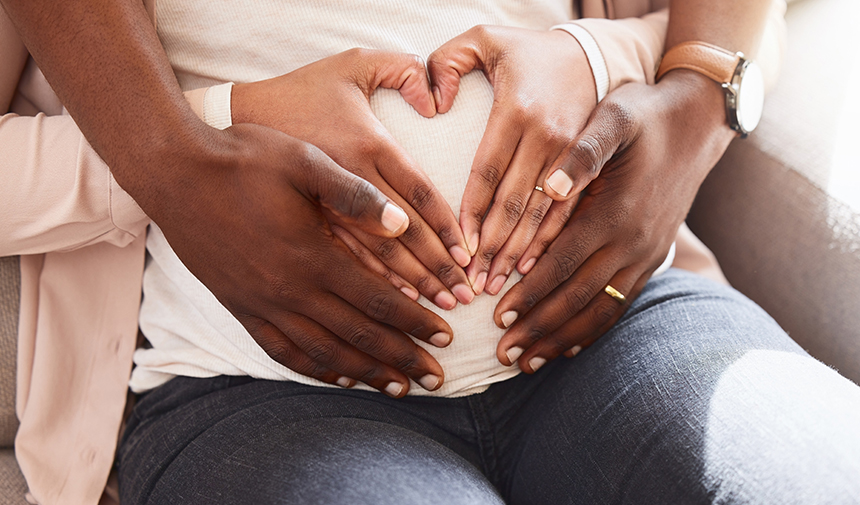Endometriosis is a disease that can seriously affect women’s reproductive health. It is characterized by the presence of endometrial tissue, which forms the lining of the uterus, in areas outside the uterus. This can lead to problems such as pain, menstrual irregularities and infertility. Although endometriosis can affect women of any age group, it is more common in women of reproductive age. So, can endometriosis prevent motherhood? Here are the difficulties caused by this disease and solutions:
- Definition and Symptoms of Endometriosis
Endometriosis is a condition in which endometrial tissue is located outside the uterus, especially in the ovaries, fallopian tubes and pelvis. This tissue thickens, breaks down and bleeds during the normal menstrual cycle. However, it cannot be excreted outside the body, causing inflammation and the formation of scar tissue (adhesions). Symptoms of endometriosis include severe menstrual cramps, pelvic pain, pain during sexual intercourse, excessive menstrual bleeding and infertility.
- Effect of Endometriosis on Infertility
Endometriosis can cause infertility in about 30-40% of women. This occurs when endometrial tissue affects the ovaries and fallopian tubes, making ovulation and fertilization difficult. It can also make it difficult for the embryo to implant in the uterine wall, as this tissue causes inflammation and scar tissue. Endometriosis can also cause hormonal imbalances, which can negatively affect reproductive health.
- Diagnosis and Treatment Methods
Diagnosing endometriosis can often be difficult because the symptoms can be similar to other gynecological conditions. To make a diagnosis, doctors usually use methods such as pelvic examination, ultrasound, magnetic resonance imaging (MRI) and laparoscopy. Laparoscopy is a surgical procedure in which a camera is inserted through a small incision to examine the abdomen and is effective in making a definitive diagnosis of endometriosis.
Treatment includes pain management, hormone therapy and surgery. Painkillers, especially nonsteroidal anti-inflammatory drugs (NSAIDs), can be used to relieve the pain of endometriosis. Hormone therapy can reduce pain and other symptoms by controlling the menstrual cycle and endometrial tissue growth. Surgery is used to remove endometrial tissue and is a more common solution for women with infertility problems.
- Endometriosis and Motherhood
Endometriosis does not always cause infertility and many women can become mothers despite the condition. Treatment methods and lifestyle changes can improve the chances of women with endometriosis becoming pregnant. For women with infertility, assisted reproductive techniques such as in vitro fertilization (IVF) can also be an effective solution.
- Lifestyle and Supportive Treatments
Adopting a healthy lifestyle is also important in managing endometriosis. Regular exercise, a healthy diet and managing stress can alleviate symptoms. Alternative treatments may include acupuncture, herbal therapies and nutritional supplements. However, it is important to consult your doctor about these methods.
Conclusion
Endometriosis can negatively affect women’s quality of life and reproductive health. However, with the right diagnosis and treatment methods, the effects of this disease can be managed and the dream of motherhood can be realized. Getting expert support and being conscious in the fight against endometriosis can make this process easier.



